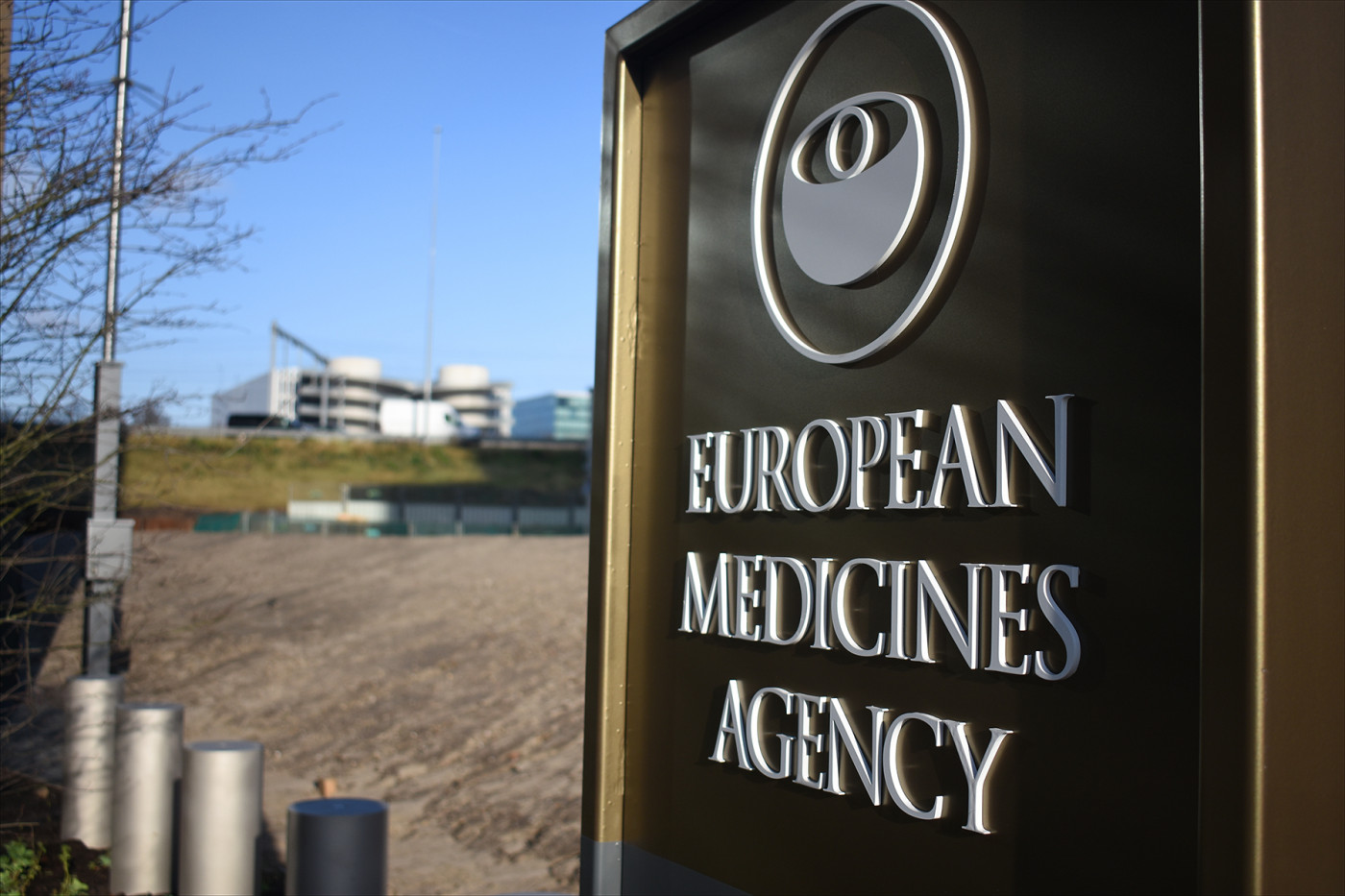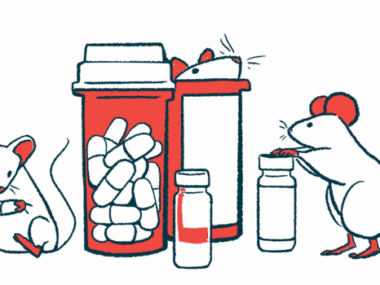EMA Provides Guidance for Phase 2b/3 Trial of SLS-005 to Treat Sanfilippo Syndrome
Written by |

The European Medicines Agency (EMA) sent written guidance to Seelos Therapeutics, regarding a planned European study of SLS-005 (trehalose) as a treatment for Sanfilippo syndrome types A and B.
Seelos will design its open-label, non-placebo controlled, Phase 2b/3 study based on the EMA’s recommendations.
Sanfilippo syndrome is a rare genetic disorder characterized by the loss or dysfunction of certain enzymes involved in the breakdown of a group of sugar molecules called glycosaminoglycans.
There are four types of Sanfilippo syndrome, designated A, B, C, and D. Each type is distinguished by a mutation in a different gene containing the instructions for making one of these enzymes. A person with one of these mutations will accumulate partially broken-down sugar molecules that become toxic to cells and tissues.
Sanfilippo syndrome primarily affects the central nervous system (CNS, the brain and spinal cord).
Trehalose itself is a sugar, which is made by some bacteria, fungi, plants, and invertebrate animals. Given intravenously (directly into a vein), it can cross into the CNS and promote autophagy, the cellular waste disposal system.
Because of this, trehalose may enhance cells’ ability to eliminate the abnormally accumulated glycosaminoglycan sugars.
Preclinical studies in a Sanfilippo type B mouse model demonstrated that SLS-005 reduced inflammation in the brain and retina, lessened nerve cell degeneration, and extended patients’ lifespans.
SLS-005 was shown to be safe and well-tolerated in two Phase 2 clinical trials in patients with oculopharyngeal muscular dystrophy (NCT02015481) and spinocerebellar ataxia type 3 (NCT02147886). Treating these patients with injectable SLS-005 prevented the accumulation of toxic molecules by stimulating autophagy.
Seelos previously had been approved to begin a separate Phase 2b/3 clinical trial in the United States. The company also has applied to conduct an expanded access study for Sanfilippo syndrome types C and D patients, as well as type A and B patients who do not meet the Phase 2b/3 trial criteria for entry.
“The EMA’s recommendation to use appropriate natural history data of Sanfilippo syndrome patients allows us to offer active therapy to all children enrolled in the study,” Raj Mehra, chairman and CEO of Seelos, said in a press release. “This devastating disease currently lacks any approved treatment and we look forward to taking this next step in advancing our SLS-005 program.”




